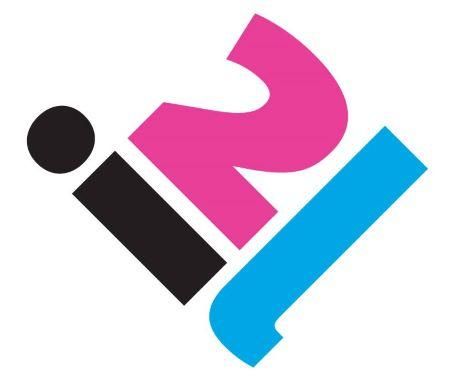What does it mean to be authentic as a coach or mentor?
There has been a lot written over the last few years about the importance of being authentic as a leader. Authentic leadership is a key topic – how should leaders be true to themselves, to their values and beliefs and the principles that guide them?
- How does authenticity apply to coaching and mentoring relationships?
- What does it mean to be an authentic coach or mentor?
- What are the questions you need to ask yourself to ensure authenticity?
Being self-aware, being genuine, modest and humble and leading with the heart as well as the head are said to be key traits of authenticity. Pus the ability to make decisions with integrity. As a leader this also means being able to take your colleagues on a journey and for them to see and ‘buy into’ the vision for the organisation.
In their article published in December 2019 Harvard Business School define authentic leadership as:
“Authentic leadership is a leadership style exhibited by individuals who have high standards of integrity, take responsibility for their actions, and make decisions based on principle rather than short-term success. They use their inner compasses to guide their daily actions, which enables them to earn the trust of their employees, peers, and shareholders – creating approachable work environments and boosting team performance.”
So what does it mean to be authentic as a coach or mentor?
I believe that as a coach or mentor we have a responsibility to our clients. We have a responsibility to work with the traits mentioned above. We must work on our self-awareness so that we can be genuine, modest, humble and kind. Coaching and mentoring sessions are likely to include a mix of challenge and support – it is the way we do this that makes us authentic.
I really like the points made by a coach in an International Coaching Federation blog from March 2022
“As both a coach and coach educator, I often work with new coaches who struggle to identify their own authentic coaching style. They are so focused on demonstrating the skills accurately and following the coaching process that they fail to show up in an authentic way with their clients. As a result, their coaching falls flat and is not truly representative of who they are as a coach and what they have to offer.
Coaches can reap the benefits of leaning into their authentic coaching style by building comfort and showing up in a way that demonstrates who they are and what they have to offer. By demonstrating the Core Competencies to establish trust, intimacy and coaching presence, you will be able to shift the coaching conversation further, faster.”
In order to develop as coaches, here are some questions we could be asking ourselves on a regular basis:
- How are we showing up?
- How are we being different?
- What makes us authentic?
Your thoughts are welcomed on this topic.
Do join more for a free webinar on Tuesday 24 October at 6 pm to discuss this topic further – What does it mean to be an authentic coach? Email [email protected]






















